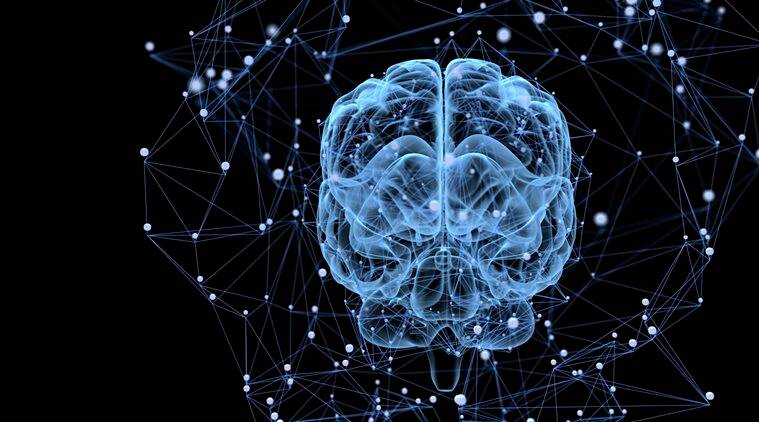Memory, attention, language, problem-solving ability, and overall brain health are all affected by cognitive function in our daily lives. It is critical to assess cognitive function, especially in cases of cognitive impairment and traumatic brain damage. Comprehensive evaluations, such as neuropsychological testing and memory tests, provide vital insights into a person’s cognitive ability and assist healthcare practitioners in better understanding their brain health. In this post, we will look at how these tests work, who can benefit from them, and their benefits in assessing cognitive performance and brain health.
How Does It Work?
Comprehensive examinations, such as neuropsychological testing, including a memory test, are carefully constructed tools administered by competent professionals to measure cognitive capacities. Here’s how these tests work:
1. Neuropsychological Testing
- Various tests are used in neuropsychological testing to examine multiple cognitive domains such as attention, memory, language, problem-solving, and executive functioning.
- These tests are designed to assess specific areas of cognitive function and are given in a controlled and standardized setting.
- The findings of neuropsychological testing provide vital information about a person’s cognitive profile, assisting physicians in identifying probable areas of impairment and developing a tailored treatment program
2. Memory Test
- Memory test is used to evaluate an individual’s memory function and performance.
- These memory tests may include short-term memory, long-term memory, working memory, and recognition memory activities.
- Healthcare providers can get insights into an individual’s skills and discover potential memory problems by testing memory performance.
Age Limit
Individuals of all ages might benefit from comprehensive examinations, which include neuropsychological and memory tests. Because cognitive performance and brain health are crucial throughout the lifespan, these examinations are not limited to a particular age group. Anyone having mental issues, traumatic brain injury, or suspected cognitive impairment, from toddlers and adolescents to adults and elderly persons, can benefit from these examinations.
Who Needs It
Comprehensive exams are essential for people with cognitive issues or a history of traumatic brain damage. Individuals from the following groups may benefit from these assessments:
1. Individuals with Cognitive Impairment
Comprehensive examinations can help those with suspected cognitive impairments such as Alzheimer’s, dementia, or other neurodegenerative illnesses. These examinations aid healthcare practitioners in diagnosing and monitoring cognitive deficits, allowing for timely intervention and therapy.
2. Individuals with Traumatic Brain Injury (TBI
Comprehensive assessments can help those who have suffered from a traumatic brain injury, whether minor or severe. These examinations help to determine the level of cognitive deficits caused by the injury, guide rehabilitation efforts, and measure progress over time.
3. Students and Academic Settings
Comprehensive tests can be valuable tools in educational settings for identifying kids with learning disabilities, attention issues, or other cognitive challenges. These evaluations aid in the development of suitable educational programs, accommodations, and interventions based on the individual’s mental need
Benefits
Comprehensive evaluations, such as neuropsychological and memory tests, can help evaluate cognitive performance and brain health. Among the many advantages are
-
Accurate Diagnosis and Treatment Planning
These examinations thoroughly examine cognitive capacities, assisting in the proper diagnosis and treatment planning of persons with cognitive impairments or brain injuries.
The findings aid healthcare providers in tailoring interventions and therapies to specific cognitive strengths and deficiencies.
-
Early Detection and Intervention
Comprehensive evaluations can reveal minor cognitive abnormalities early on, allowing for prompt intervention and assistance. Early diagnosis of cognitive deficits can result in superior management techniques and outcomes.
-
Monitoring Progress and Treatment Efficacy
These exams help track an individual’s cognitive improvement. Healthcare practitioners can monitor the success of interventions and make necessary adjustments by reevaluating cognitive function regularly
Results
The results of comprehensive assessments provide detailed information about an individual’s cognitive function and brain health. These results typically include:
- Cognitive Profile: A complete assessment of cognitive strengths and deficiencies in memory, attention, language, problem-solving, and executive functioning. This profile assists healthcare providers in developing a comprehensive understanding of an individual’s cognitive capacities.
- Identification of Impairments: The tests aid in identifying specific areas of cognitive impairment or weakness, allowing for more targeted interventions and treatment programs.
- Baseline for Comparison: The evaluation results are a benchmark for future comparisons, allowing healthcare providers to track cognitive changes and growth over time.
Conclusion
Comprehensive examinations, like neuropsychological and memory tests, are essential in assessing cognitive function and brain health. These exams provide vital insights into a person’s cognitive ability, assisting in proper diagnosis, treatment planning, and progress monitoring. Individuals with cognitive impairments or traumatic brain injuries, regardless of age, can benefit from these examinations, which allow healthcare providers to provide tailored therapies and support. Healthcare providers can improve their understanding of the cognitive function and promote optimal brain health for those in need by using the potential of comprehensive examinations.
Click here – Deploying Cassandra on Kubernetes – A Step-By-Step Guide






